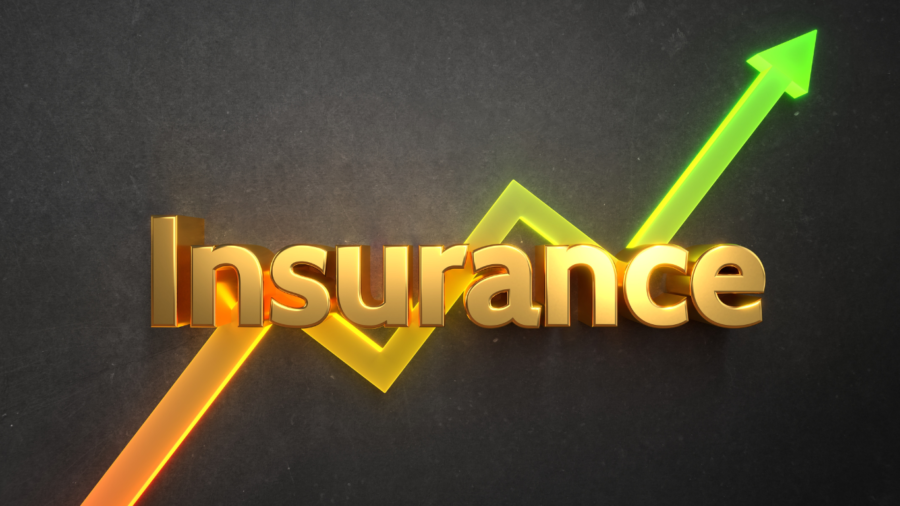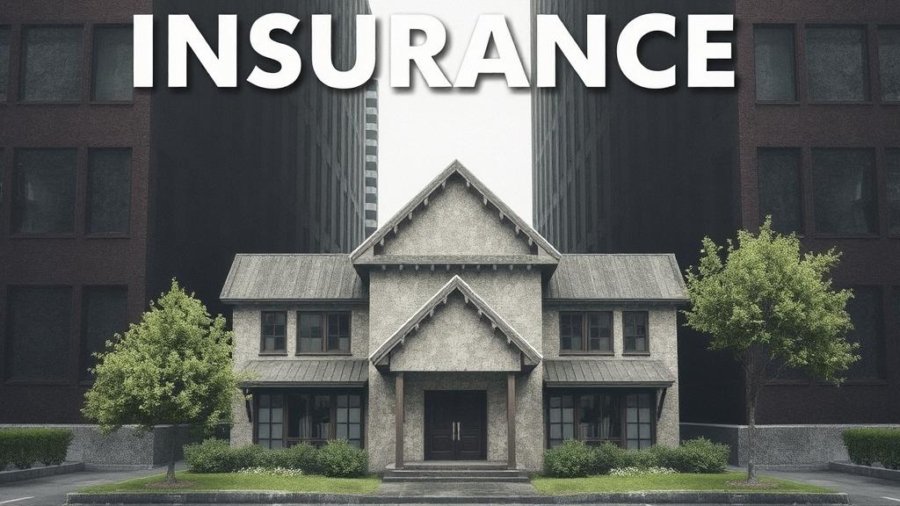If you manage a business that utilizes vehicles for operational purposes, grasping the intricacies of commercial auto insurance is crucial. Having navigated the complex process of choosing the right insurance for my fleet, I understand the importance of this coverage—not merely for regulatory compliance but also for the peace of mind it offers. Allow me to explain what commercial auto insurance covers, why it is indispensable, and how to select the appropriate policy for your business needs.
What is Commercial Auto Insurance?
Commercial auto insurance is designed to protect businesses that rely on vehicles to transport goods, perform services, or ferry employees. This type of insurance is tailored specifically to meet the multifaceted needs of businesses, which differ significantly from personal vehicle use. The coverage includes liability for bodily injuries and property damage caused by your vehicles, protection against theft, vandalism, and natural disasters, and coverage for vehicle repairs or replacement in the event of an accident. Learning the differences between personal and commercial policies early in my business venture not only prevented numerous potential issues but also deepened my understanding of liability and asset protection—key elements that safeguard a company’s financial well-being and operational stability.
Rental Reimbursement Coverage
Rental Reimbursement Coverage is an often overlooked but crucial component of commercial auto insurance. This coverage provides financial assistance for renting a vehicle when your business’s insured vehicle is out of service due to an insured loss, such as an accident or theft. It ensures that your business operations can continue with minimal disruption, maintaining productivity and service continuity. The coverage typically has daily and per-incident limits, which can be selected based on the expected needs of your business. Opting for this coverage can be a strategic decision to avoid the operational downtime and financial strain associated with unexpected vehicle repairs or replacement.
The coverage is particularly advantageous as it allows your business to operate as usual while your vehicle is being repaired or replaced. Policies usually come with daily and per-incident limits, offering flexibility in choosing the level of coverage based on your specific business needs. The daily limit dictates the maximum amount that the insurance will pay per day for a rental vehicle, while the per-incident limit caps the total payout per claim.
Opting for Rental Reimbursement Coverage can be a strategic decision to mitigate the impact of unexpected operational interruptions. It not only covers the cost of renting a vehicle but also helps in managing the logistics of obtaining a suitable rental, often through preferred vendors that work directly with your insurer. This seamless process helps minimize administrative burdens during stressful times, allowing you to focus more on running your business and less on the intricacies of vehicle recovery and insurance claims.
Core Coverages of Commercial Auto Insurance
- Liability Coverage: This is the cornerstone of any commercial auto policy. It covers damages your vehicles might inflict on other people’s property or injuries to others in an accident. Liability coverage is essential—it’s the barrier that protects your business from the ramifications of accidents, including legal claims and lawsuits. Adequate liability coverage is indispensable, as it stands between a routine claim and a potentially catastrophic financial and legal situation.
- Collision Coverage: This coverage is vital regardless of who is at fault in an accident. It has proven invaluable for my business by covering the costs of repairing your vehicles after accidents. I recall an incident where one of our delivery trucks was sideswiped; without collision coverage, the steep repair costs would have drastically impacted our operations. It ensures that your vehicles are quickly repaired or replaced, keeping your business mobile and reducing downtime.
- Comprehensive Coverage: Learning about the importance of comprehensive coverage was a game-changer for my business. This coverage goes beyond accidents—it covers losses from events that aren’t collision-related, such as theft, vandalism, and natural disasters. For example, it helped us handle the financial impact of a stolen vehicle and damage from a severe storm, providing broad protection against a range of risks that could otherwise severely affect the business.
Additional Coverages Worth Considering
- Uninsured/Underinsured Motorist Coverage: This coverage is critical if you ever find yourself in an accident with a driver who lacks sufficient insurance or none at all. In such cases, uninsured motorist coverage steps in to cover damages and medical costs that your business might otherwise have to absorb. It protects your business’s financial health by ensuring that accidents caused by others don’t become your financial burden.
- Medical Payments/Personal Injury Protection: Accidents are an unfortunate part of operating a business that uses vehicles. Medical payments coverage is essential as it addresses medical expenses immediately following an accident for both drivers and passengers. This was particularly vital for us when an employee was injured in an accident, ensuring quick and comprehensive coverage of their medical treatment without delving into company or personal funds.
- Non-Owned Vehicle Insurance: This coverage is indispensable when employees use their vehicles for business purposes. Non-owned vehicle insurance mitigates your company’s liability risks by covering accidents that occur during business operations, even when the vehicle involved is not owned by your company. This ensures that your business is protected against claims that could arise from employee-driven vehicles.
Exclusions and Limitations
Every commercial auto insurance policy has its exclusions and limitations, which are crucial to understand before you find yourself needing to file a claim. Often overlooked initially, these details, such as exclusions for intentional damage or the normal wear and tear on vehicles, can significantly affect your coverage. Being aware of these limitations helps prevent surprises during the claims process and ensures that your coverage aligns with your actual business risks.
How to Choose the Right Commercial Auto Insurance
Choosing the appropriate commercial auto insurance requires a tailored approach that considers your business’s specific needs. Start by evaluating the types of vehicles you own, their uses, and the associated industry risks. Comparing quotes and thoroughly reading through policies can significantly impact your decision—this was a game-changer in my experience. Additionally, consulting with an insurance agent who has expertise in similar business profiles can provide invaluable personalized insights. These professionals can guide you through complex policy details, helping ensure that your coverage matches your operational requirements and risk exposure.
Commercial Auto Insurance as a Risk Management Strategy
Commercial auto insurance transcends its role as a mere legal requirement; it is an integral component of your broader business risk management strategy. Reflecting on my own experience, the more informed you are about the specifics of your policy, the better equipped you are to protect your business. I urge you to regularly review and update your existing policies to keep pace with changes in your business operations and growth. This proactive approach ensures that your coverage continues to meet your needs effectively.
Do you still have questions about commercial auto insurance, or do you wish to share your experiences? I encourage you to leave a comment below or reach out directly to your insurance advisor to discuss your specific needs. Together, we can ensure that our businesses remain secure and well-protected on the roads. Let’s engage in a conversation to drive better protection for our enterprises.










